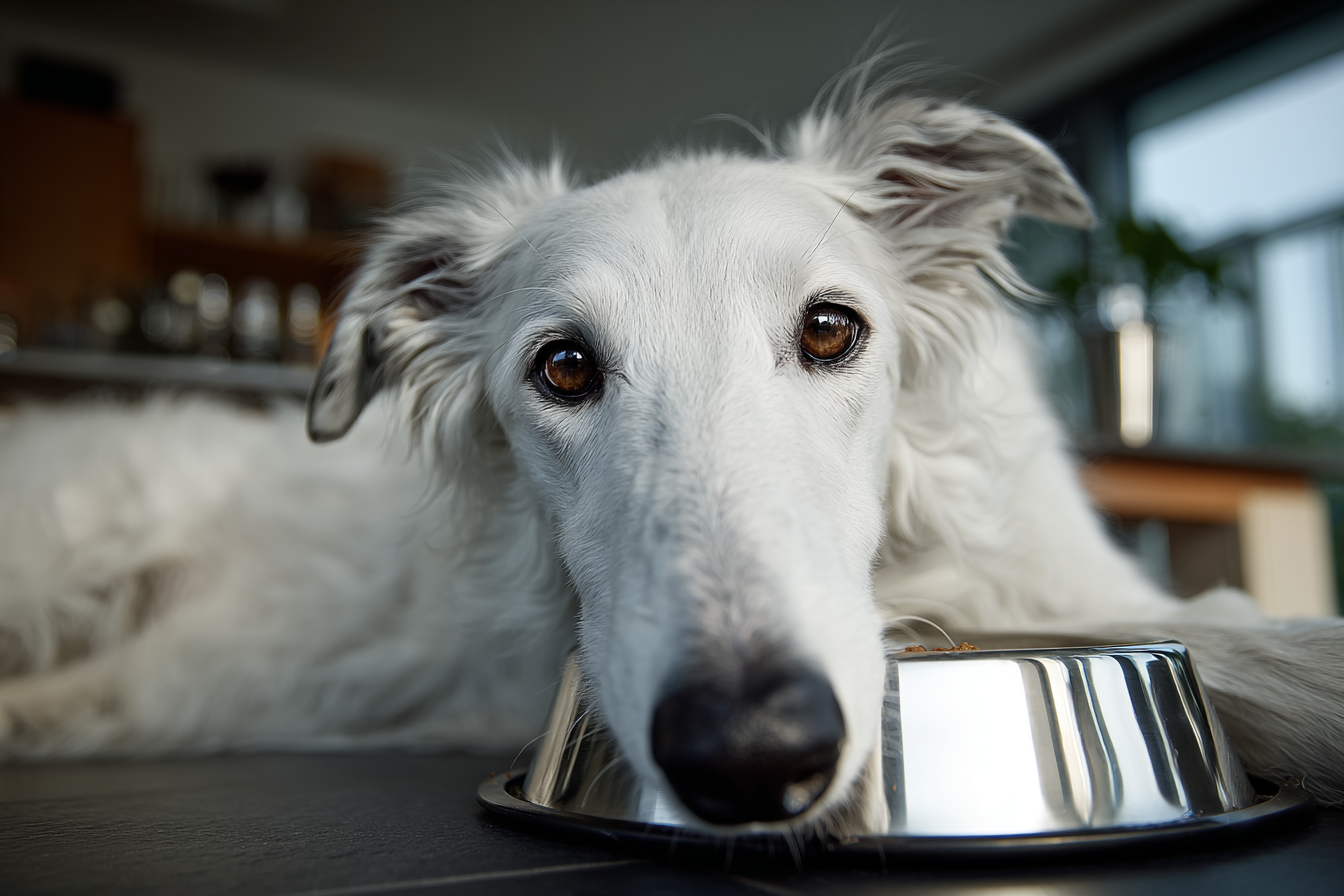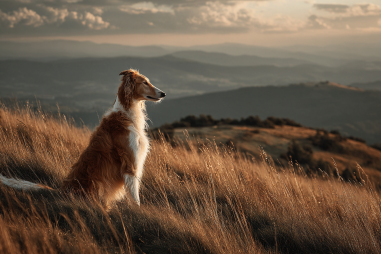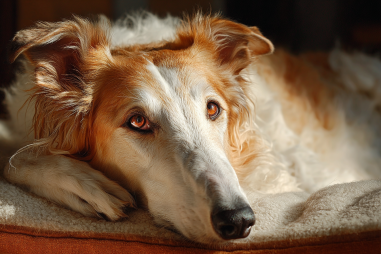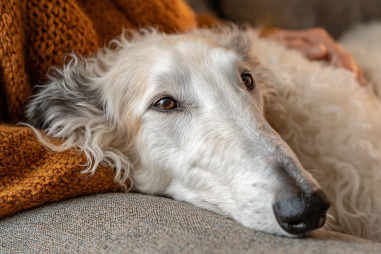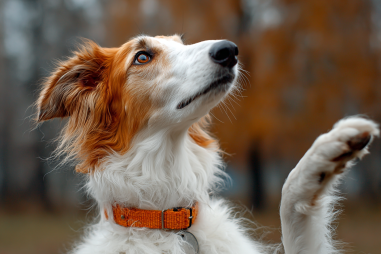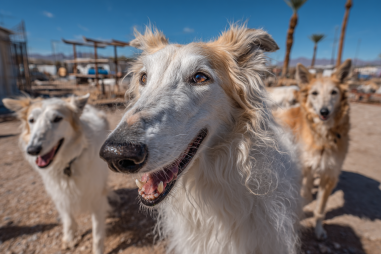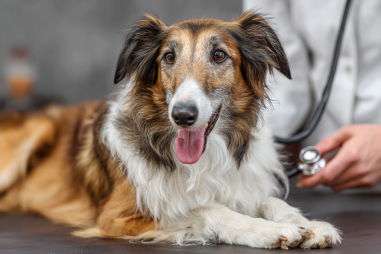Feeding your Borzoi the right diet and establishing a consistent feeding schedule is essential for keeping this elegant breed in peak health. Borzois are graceful, athletic dogs with unique nutritional needs that support their energy levels and overall well-being. Catering to these needs through balanced meals and proper timing can make a world of difference in their vitality and longevity. This guide will walk you through how to optimize your Borzoi’s diet and feeding routine to ensure they thrive.
Nutritional Requirements for Borzoi
Borzoi dogs are lean, agile sighthounds known for their speed and endurance. Their diet must reflect their energy demands while maintaining a sleek physique. A well-balanced diet rich in high-quality protein is crucial for muscle maintenance and repair. Proteins from sources like chicken, lamb, fish, and beef provide the essential amino acids Borzois need.
In addition to protein, healthy fats are vital for Borzoi health. Omega-3 and omega-6 fatty acids found in fish oil, flaxseed, and certain animal fats support skin and coat health, joint function, and cognitive performance. Carbohydrates should be included in moderate amounts as a source of energy, but Borzois generally do better with complex carbs such as sweet potatoes, brown rice, and barley rather than simple sugars.
Vitamins and minerals are equally important, helping to support immune function, bone health, and overall vitality. Look for dog food formulations that offer a balanced blend of essential nutrients or consider supplements recommended by your veterinarian.
Recommended Feeding Frequency
How often you feed your Borzoi can influence their digestion, energy levels, and behavior. Typically, adult Borzois benefit from being fed twice a day—once in the morning and once in the evening. This routine helps maintain consistent energy throughout the day and prevents extreme hunger or overeating between meals.
Puppies, on the other hand, need more frequent feedings. Because they’re growing rapidly and have smaller stomachs, feeding them three to four times a day is ideal until they reach about six months to a year old, after which you can gradually transition to the adult feeding schedule.
Consistency in feeding times also reinforces a routine for your Borzoi, helping regulate their metabolism and improve stool quality.
Portion Control and Meal Timing
Portion control is key when feeding Borzois. Overfeeding can quickly lead to obesity, which negatively impacts their joints and overall health, while underfeeding might cause energy crashes and nutrient deficiencies. Portion sizes depend on your Borzoi’s weight, age, activity level, and metabolism.
A good starting point is to follow feeding guidelines on commercial dog food packaging that are specific to your dog’s weight, then adjust based on their body condition score and energy output. Your veterinarian can help fine-tune this amount.
Meal timing is equally important. Feeding your Borzoi after exercise can help replenish energy stores and aid muscle recovery, but it’s best to avoid feeding immediately before vigorous activity to reduce the risk of bloat—a serious condition Borzois may be prone to. Waiting about an hour after feeding before intense play or running is a safe practice.
Types of Food Suitable for Borzoi
Choosing the right type of food for your Borzoi depends on several factors including their age, health, and any dietary sensitivities. Here are some options:
- Dry kibble: Convenient and often formulated to provide balanced nutrition. Look for high-protein, grain-free or limited-grain options designed for large or active dogs.
- Wet food: More palatable and hydrating but can be costly and spoil faster. Can be mixed with dry food for added moisture.
- Raw or homemade diets: Some Borzoi owners prefer raw feeding or cooking meals at home to control ingredients. This requires careful planning to ensure nutritional balance and food safety.
- Treats and supplements: Use healthy treats moderately for training or rewards. Incorporate supplements like fish oil, glucosamine, or probiotics only after consulting your vet.
Consistency is critical. Sudden diet changes can upset your Borzoi’s digestive system, so any transitions should be made gradually over 7–10 days.
Adjustments for Activity Level and Age
Borzoi nutritional needs evolve throughout their lifetime and with changing activity levels. Younger dogs and active adults require more calories, especially from proteins and fats, to fuel their muscles and stamina.
Senior Borzois tend to be less active and may benefit from diets lower in calories but higher in fiber to maintain digestive health. Joint-supporting nutrients like glucosamine and chondroitin become more important as they age.
If your Borzoi is a couch companion or recovering from illness, reducing portion sizes and calorie density will help prevent weight gain. Conversely, working or show Borzois with high activity levels might need increased food portions to maintain their energy.
Regularly monitoring your Borzoi’s body condition and consulting your veterinarian will help you adjust feeding amounts appropriately.
Hydration Tips
Proper hydration is essential for all dogs, including Borzois. Always provide fresh, clean water, particularly after exercise or warm weather when they are more prone to dehydration.
Because Borzois can be somewhat sensitive to heat, encourage water intake during hot days or intense activity. Some owners add a little flavor to water or offer ice cubes as a treat to entice drinking.
If feeding dry kibble, ensuring plenty of water is even more important since dry food provides limited moisture. For dogs reluctant to drink enough water, including wet food or mixing water into their kibble can increase fluid intake.
Feeding your Borzoi with care, attention, and a clearly planned schedule will go a long way toward their health and happiness. By balancing nutrition, portion sizes, feeding frequency, and hydration, you can help your graceful companion thrive throughout all stages of life.

